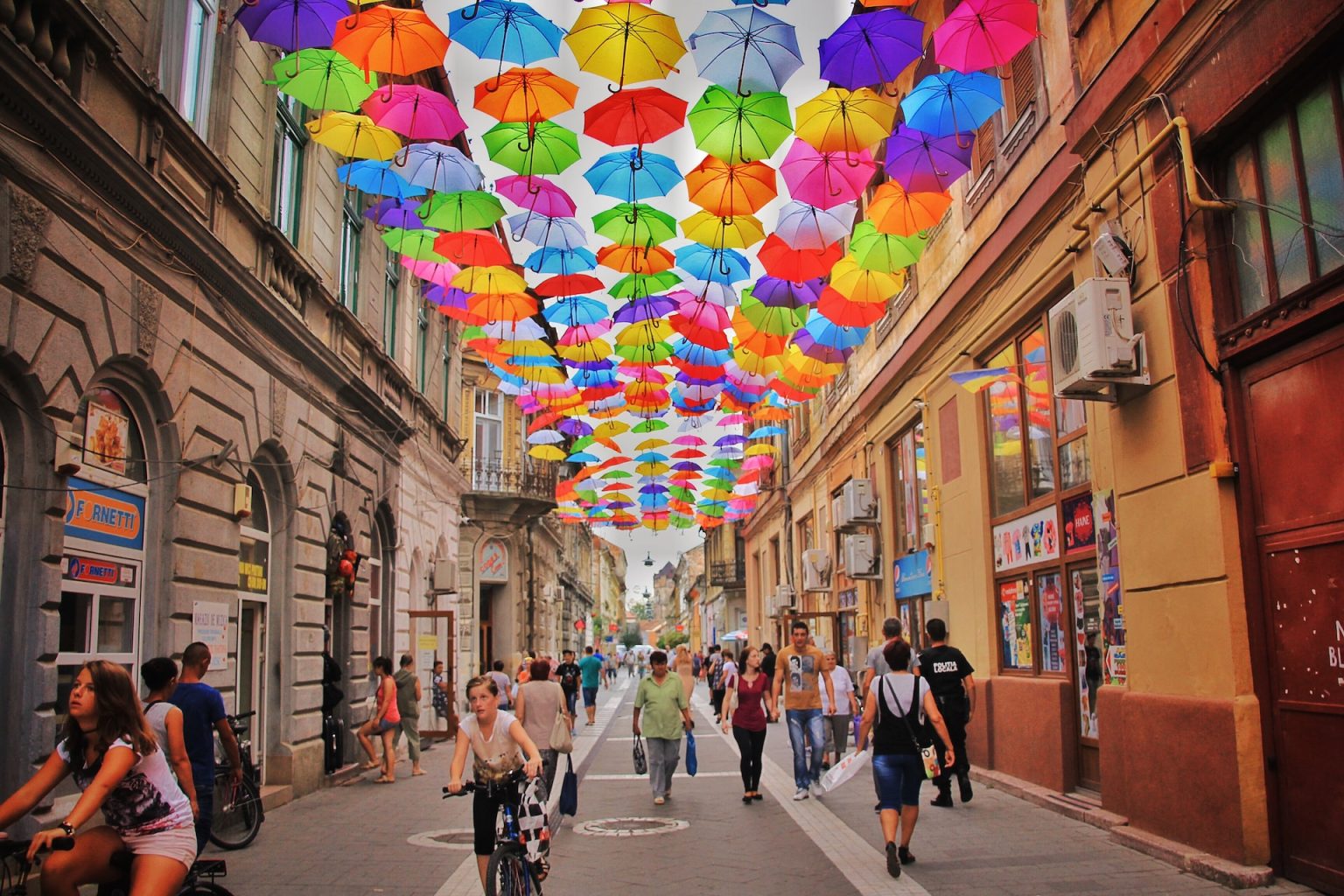Ivo Bozukov, vice president of energy transition at Forum Energy Technologies, travels extensively for both work and pleasure. Ivaylo Bozoukov also takes a keen interest in cultural experiences, local art and music festivals.
This article explores the concept of cultural immersion and how it helps to encourage mutual respect and understanding between people from different backgrounds.
The world abounds with unique people, cultures and perspectives. Meanwhile, travel and technology are making even far-flung destinations increasingly accessible. Although it is easier than ever before for different people to reach each other, this does not necessarily mean that they always understand each other’s cultures perfectly. For a person to truly understand a culture that is not their own requires cultural immersion.
Cultural immersion involves an individual diving into a culture that is not their own, surrounding themselves with it. It is about interacting with local people and gaining an understanding of who they are and how they interact with and view the world. Cultural immersion enables people to experience a culture other than their own. It may involve spending a semester volunteering with a humanitarian group or working abroad, becoming involved in a community a world away from their own. However it is manifested, cultural immersion is about someone immersing themselves in a different culture.
A week-long vacation in a new country is insufficient for a full cultural experience, as it simply does not allow sufficient time to interact with local people or gain a deeper experience and understanding of a different way of life. True cultural immersion requires time, although participants benefit in a variety of important ways.
Cultural immersion enables people to make meaningful connections with those living in other parts of the world. It is therefore an effective means of connecting different people across the globe, enabling participants to connect with new people and learn to understand them and their lives better. These meaningful connections present opportunities to create real-world relationships, as well as presenting significant learning opportunities.
Those who practice cultural immersion learn about new traditions, perspectives, practices and art forms. When an individual immerses themselves in a new culture, they learn about its unique traditions and ways of viewing and connecting with the world. This could present opportunities to learn a new traditional dance, art or sport, or cook an authentic dish. While cultural immersion often involves experiencing new foods and celebrating new holidays, it also involves learning how people from different backgrounds and cultures relate to and understand the world around them.
Cultural immersion presents opportunities for participants to experience personal growth, not just learning about new cultures but getting to know themselves better in the process. Seeing how other people live and understand the world provides people with a better understanding of their own culture and the way they live, helping them to grow as a person by integrating some of these new practices and perspectives into their own life, plans and values. Cultural immersion also helps participants to develop increased understanding and empathy for others and their differences, imparting valuable human skills in terms of connection and collaboration.
Connecting with new cultures helps people to gain a broader perspective on big world issues like poverty, climate change and pandemics. Such global issues impact everyone and demand collaboration across borders, forcing different communities and countries to work together to find a solution. Learning how others experience these same global challenges provides a new perspective, helping people to see just how much they have in common with others from around the world. Cultural immersion encourages a sense of interconnectedness between all, as well as providing the skills necessary to start collaborating with others to drive lasting positive change in the world.
To truly immerse themselves in a different culture, an individual has to step away from their role as an outsider. This can be extremely challenging, particular for those visiting a country that is vastly different to their own, although a few simple steps can help make the process easier.
Participants must step out of their comfort zone, i.e. what is familiar and comes naturally to them, participating in new activities, keeping an open mind and learning about other people’s traditions. A person’s comfort zone may also involve physical boundaries that they need to overcome, placing themselves in the thick of it by attending events, festivals and markets, watching local movies, visiting local bars to make new friends, and listening to local music.
Cultural immersion has many different facets but is ultimately a very achievable, potentially life-changing experience that can open doors by encouraging mutual respect and understanding. Although someone from another country is never going to know a place as intimately as someone who has lived there their whole life, cultural immersion experiences certainly enable participants to gain a better understanding of different places, people and cultures.

